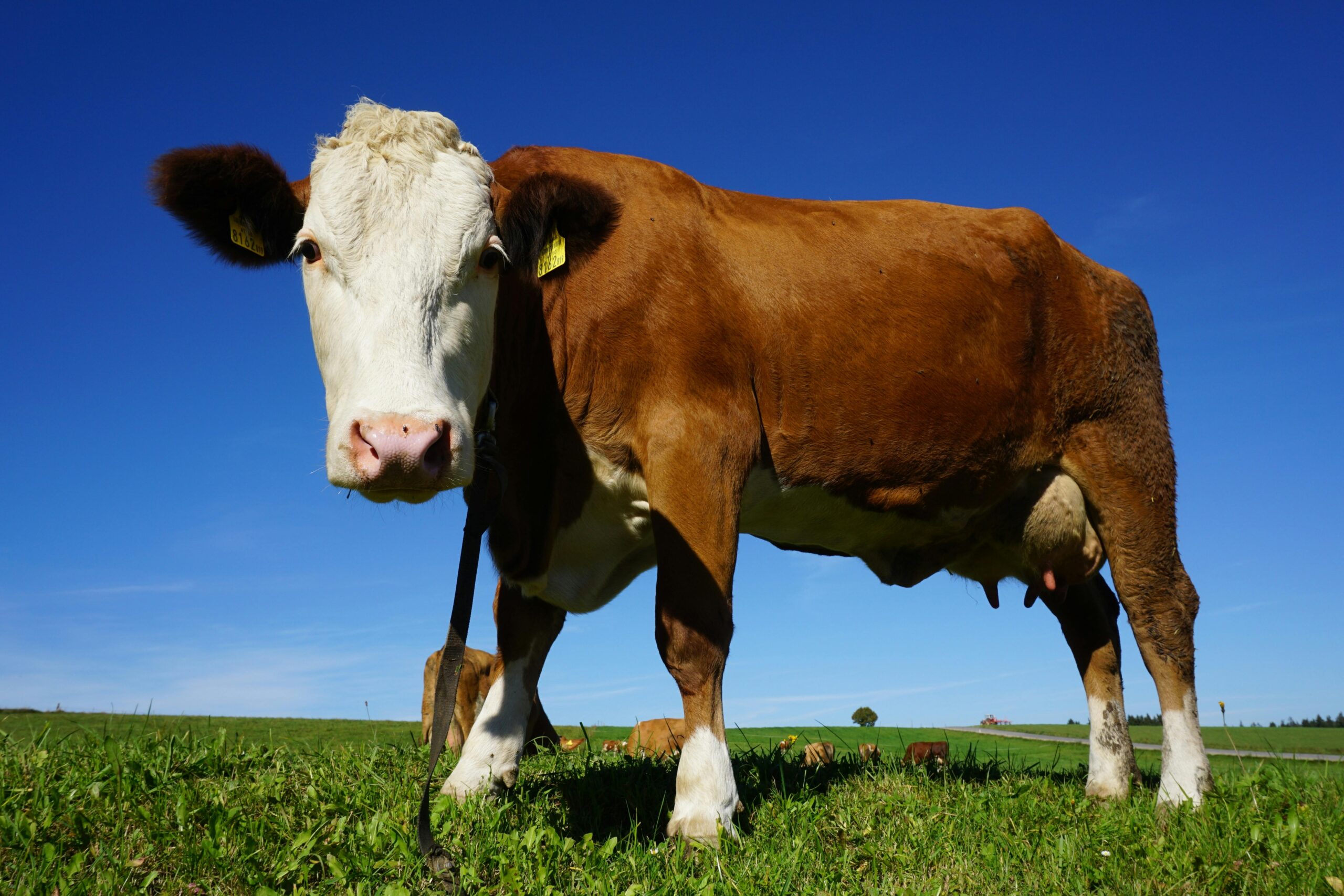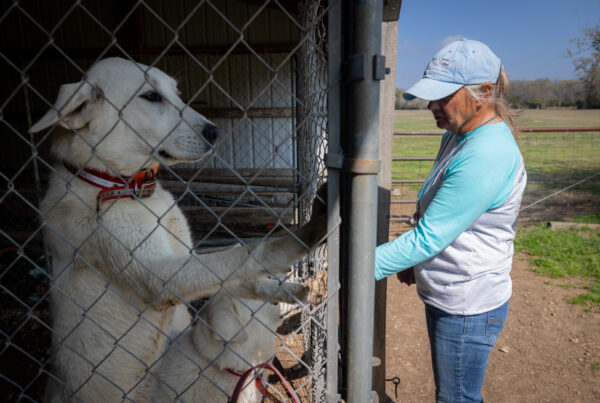Agriculture agencies across the country sent out notices last week after some Texas dairy cows came down with worrying symptoms. These cattle were in the Panhandle, where most of the state’s dairies are located. Their milk suddenly turned thick and discolored, and some of the animals developed flu-like symptoms.
For a while, no one knew exactly what was wrong with these cattle. But on Tuesday, the Texas Animal Health Commission announced that they’d contracted avian flu.
Rachel Wagoner, editor of Farm and Dairy, spoke to the Texas Standard about what the finding means for consumers and dairies.
This transcript has been edited lightly for clarity:
Texas Standard: What’s the diagnosis for these cows?
Rachel Wagoner: Well, the USDA announced yesterday that the sick dairy cattle have highly pathogenic avian influenza, also known as the bird flu.
That’s interesting, because I don’t think I’ve heard of cattle being susceptible to avian flu. Are they?
To be honest, I hadn’t heard of it until now, either. And in fact, this latest bird flu outbreak has been going on since February of 2022. And the first ruminant animals – so like sheep, cows, goats – a goat was diagnosed in Minnesota with having bird flu last month. And now these dairy cattle. So I guess it’s hit the livestock.
How concerning is this to the dairy industry, to farmers more broadly?
I think the big concern for farmers is that if their dairy herds are impacted, one of the first noticeable symptoms in the cows is a sharp decrease in milk production. And that continues on for a few weeks until the cows recover from the flu.
There’s little to no mortality, so most cows recover with supportive care. But there is an enormous drop in milk production, which for dairies that are really dependent on producing a lot of milk to make money, in a world where margins are very close, I think that’s extremely concerning.
» GET MORE NEWS FROM AROUND THE STATE: Sign up for Texas Standard’s weekly newsletters
I’m curious about potential issues when it comes to marketing dairy products. Is it possible milk might not move off the shelves quite as fast if consumers are, rightly or wrongly, worried about some kind of outbreak?
I mean, I think public sentiment is always a concern, and that’s hard to control. But people should know that there is no risk to food safety. First of all, because it’s typical protocol that when an animal becomes sick, for whatever reason, that animal’s isolated, and they are milked into a different tank from the ones that will be processed and pasteurized into milk.
Additionally, pasteurization kills any viruses or bacteria in milk. So as long as you’re drinking pasteurized milk, you should be fine. I would think that there would be concern for people who are drinking raw milk. But if you’re buying milk at the store and it’s pasteurized, you should be fine.
Is it known how this became an issue in cattle populations in the first place?
Well, so the bird flu is carried as a reservoir in waterfowl and other migratory birds. So, it basically just drops out of the sky. Right now, we’re in the midst of the spring migration. So, yeah, I think it’s something that farmers are just keeping an eye out for.
I know most of them have been urged by their state agencies to up their biosecurity protocols to make sure that they can keep birds away from their animals, if possible, which is difficult, you know, with a lot of barns being sort of open to the environment. So it’s just sort of one of those things that happens.
That’s something I’m wondering about as well: Why now? Why, after two years of this flu going around, has it impacted dairy cattle now? But I guess that’s what we’ll find out with time.
Sounds like you’re not too concerned about the overall impact on the dairy industry writ large?
No, I think consumers should feel fine about their milk supply. I don’t think there’s any worry there.
I think the worry really is just for individual dairy farms who might be impacted with a loss of milk production. I mean, if that hits them at the wrong time of year, when there are other challenges they are facing, that could be really damaging.
I think as long as we all stay calm and have good information going, then everything industry wide should be fine.














